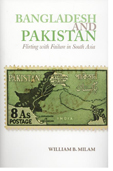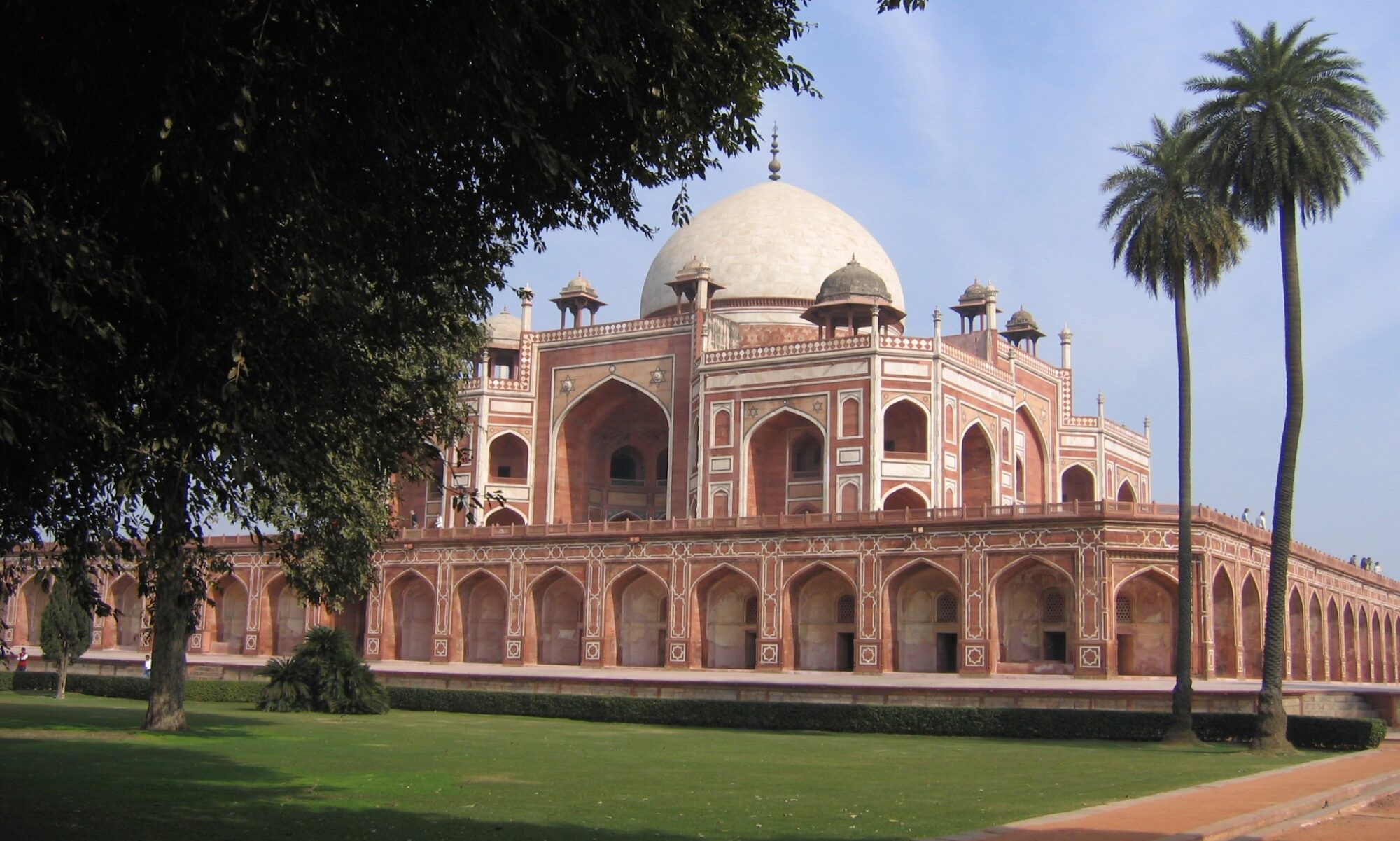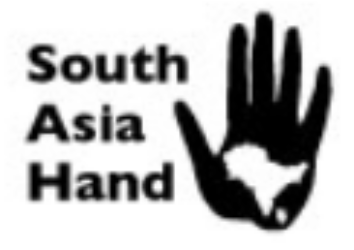 A review essay by Teresita C. Schaffer of five books about South Asia: In the Graveyard of Empires: America’s War in Afghanistan, by Seth G. Jones; Seeds of Terror: How Heroin is Bankrolling the Taliban and Al Qaeda, by Gretchen Peters; India: The Emerging Giant, by Arvind Panagariya; Bangladesh and Pakistan: Flirting with Failure in South Asia, by William B. Milam; and India and Counterinsurgency: Lessons Learned, edited by Sumit Ganguly and David P. Fidler.
A review essay by Teresita C. Schaffer of five books about South Asia: In the Graveyard of Empires: America’s War in Afghanistan, by Seth G. Jones; Seeds of Terror: How Heroin is Bankrolling the Taliban and Al Qaeda, by Gretchen Peters; India: The Emerging Giant, by Arvind Panagariya; Bangladesh and Pakistan: Flirting with Failure in South Asia, by William B. Milam; and India and Counterinsurgency: Lessons Learned, edited by Sumit Ganguly and David P. Fidler.
William Milam, who served as US ambassador to Bangladesh and Pakistan, has looked at both countries side by side in an attempt to understand why both have had such troubled politics and such uneven economic performance. Three themes dominate the book: the problem of the army and politics, the challenge of instituting democratic governance (as distinguished from democratic elections), and the difficulty of defining what Islam means in both countries’ national life and identity.
Originally published by the International Institute for Strategic Studies in the October-November 2009 issue of Survival. Read the entire essay.


